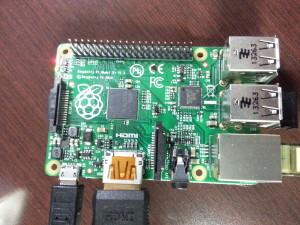Embedded devices
Unifi Video NVR – Gone… and back again!
by firestorm_v1 on Oct.24, 2024, under Embedded devices, Hardware, Hardware Pr0n, Investigative Dissassembly, Linux, Miscellaneous
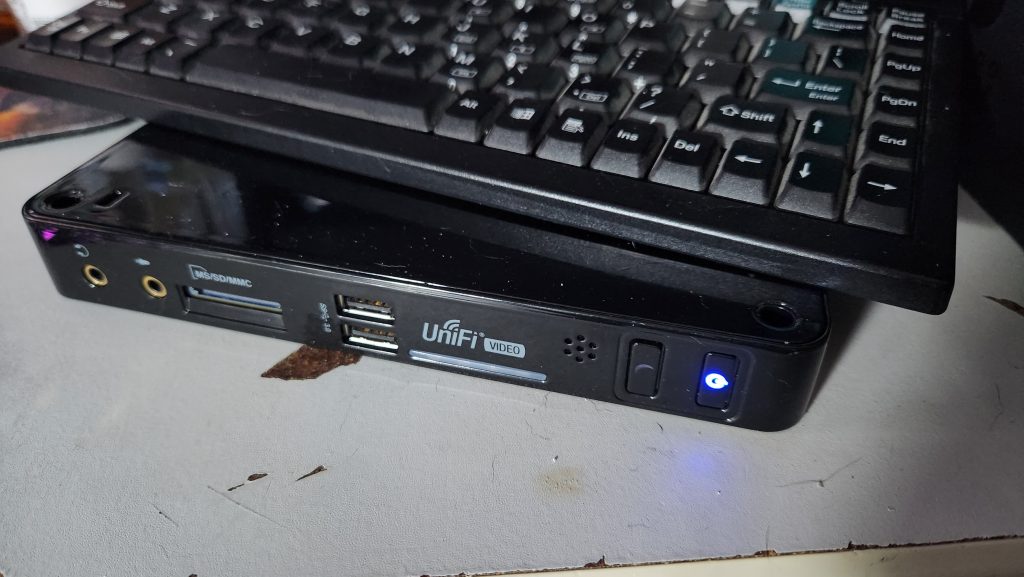
Over the weekend, I was digging through the expansive parts bin known as the computer room and I had my old Unifi Video NVR jump off the shelf at me. While the Unifi Video product has long since been discontinued, giving way to the Unifi Protect line of NVRs and products, the hardware itself still has a bit of life left to it. In this article, I’ll go over the hardware of the derelict product and see what we can do with it going forward.
(continue reading…)Generators and Open Source Part 2 – Always a better mousetrap
by firestorm_v1 on Feb.15, 2022, under Embedded devices, Hardware, Hardware Pr0n, How-To's, Miscellaneous

In Part 1, I discussed the research, physical installation, a bit of maintenance, and the overall basic operation of the Generac 22kW Guardian whole home generator. In this post, we’ll go over the monitoring of the generator and quickly outline the vendor’s supplied option as well as the Open Source option I decided on, and even up contributing to! Yes, even though I’m not a developer, I managed to contribute to an Open Source project and helped the developer out!
(continue reading…)Cruising with WiFi – Is that a travel router in your pocket?
by firestorm_v1 on Jan.10, 2019, under Embedded devices, Hardware, Networking

Carnival Vista
Internet access on cruise ships is now a common occurrence and more commonly, I get frequent questions on how to “game” the system and get Internet access without paying for it. The short of it is, you’re going to have to purchase at least one account to get anything online. The long of it lies in the rest of this article and it’ll be up to you to decide if it’s worth the effort. Quick spoiler alert: For me it wasn’t, and I ended up buying another access to get myself and my wife online at the same time. While it was a punch in the pocketbook, it was a lot cheaper to pay money to resolve than the costs incurred in other areas (time, frustration, etc.).
Home Automation – Making a dumb switch for smart lights.
by firestorm_v1 on Feb.23, 2016, under Embedded devices, Hardware, How-To's, IoT
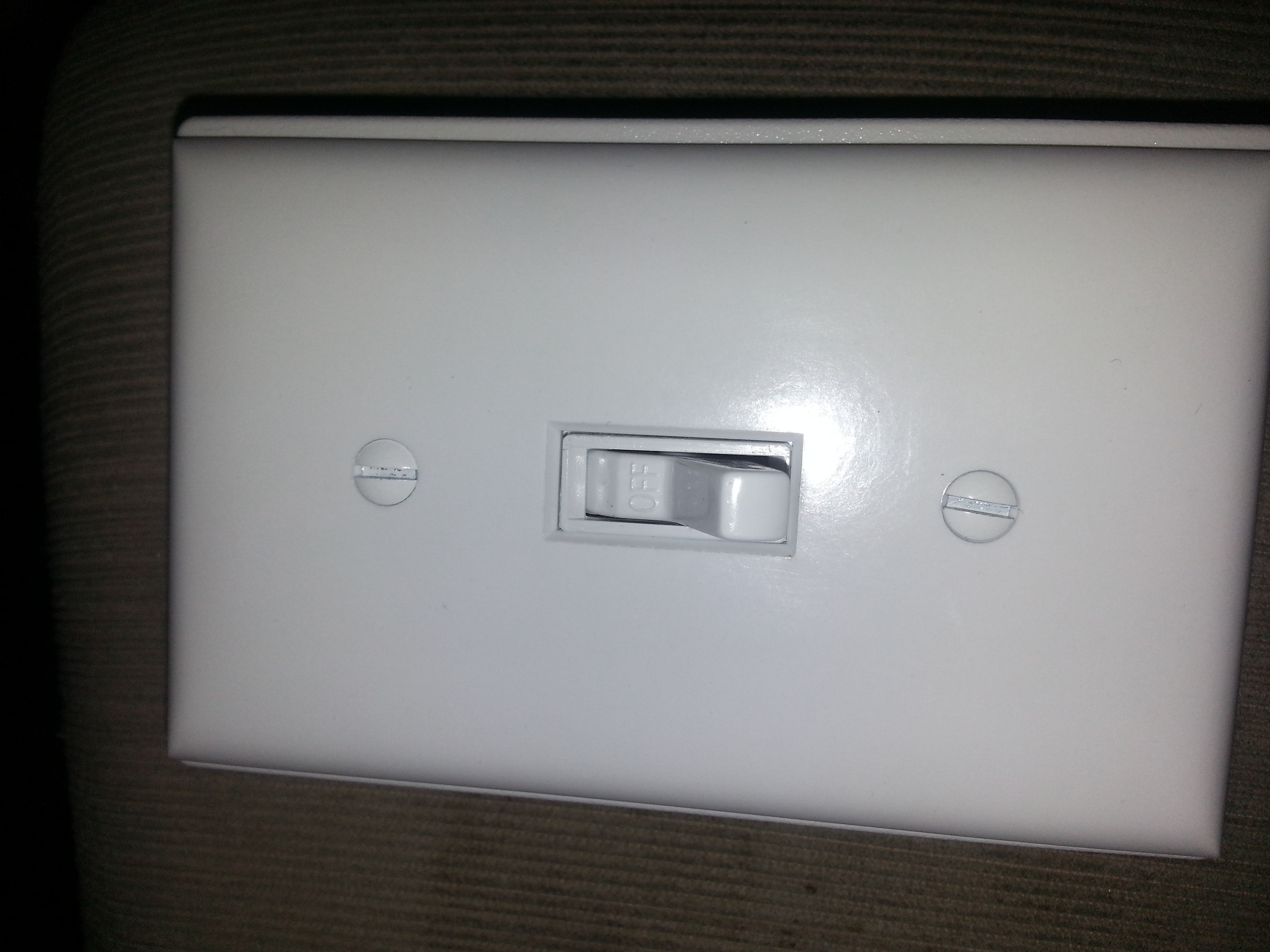 It might not look like much, but the switch used as this feature image has more to offer than one would think judging by appearances. In this article, we will be converting a “stupid” switch into a “smart” switch for the purposes of controlling a connected GE Light Bulb over Z-wave and discuss why you’d want to look for a stupid switch for smart devices in the first place. (continue reading…)
It might not look like much, but the switch used as this feature image has more to offer than one would think judging by appearances. In this article, we will be converting a “stupid” switch into a “smart” switch for the purposes of controlling a connected GE Light Bulb over Z-wave and discuss why you’d want to look for a stupid switch for smart devices in the first place. (continue reading…)
Cisco WiFi – Disconnect from the hive mind
by firestorm_v1 on Jul.16, 2015, under Embedded devices, Hardware, How-To's, Linux, Networking
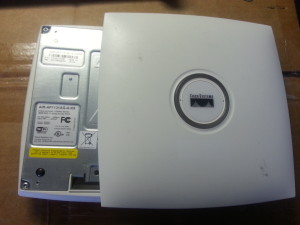
Cisco AIR-AP1131AG-A-K9
Everyone knows that I love a bargain. That love for bargains is intensified any time networking gear is involved. Imagine my excitement when I found a bunch of the above pictured Cisco access points on Ebay for around $8 a pop because the lid won’t stay on. Unfortunately, my excitement was tempered a bit when I found out that these were designed to work with a controller and weren’t stand alone units. Undeterred by this disappointment, I researched and found a way to get these things to operate on their own as standalone units and freed them from the hive mind! In this article, we will cover converting the Cisco AIR-AP1131AG-A-K9 from “Lightweight”(controller-based) to “Autonomous”(standalone) and will even cover how to put them back in “Lightweight” mode if you want later on.
Raspberry Pi tastes better with RPi B+ edition
by firestorm_v1 on Jul.23, 2014, under Embedded devices, Hardware, Hardware Pr0n, Linux
The Raspberry Pi Foundation announced a new arrival to their existing line of awesome little credit-card sized computers. I was fortunate enough to get my hands on one and give it a go. In the article (with pics!) below, I’ll cover what’s changed, what’s stayed the same, and what you can expect from everyone’s favorite mini machine.
Giving a PIX firewall a new lease on life
by firestorm_v1 on Jan.24, 2014, under Embedded devices, Hardware, Networking
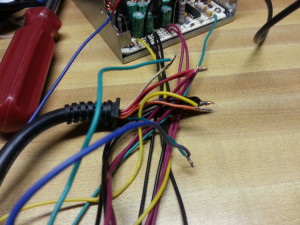
Buying networking equipment off of Ebay can be one of the most rewarding and frustrating challenges you may ever face. Of course, being able to identify and fix issues with newly purchased hardware may mean the difference between having purchased a $500 firewall for $11 and some parts versus buying another piece of crap for $11 that will live out its life in the back of the parts closet. In this article, I’ll cover how to replace the power supply to a Cisco PIX 506E firewall with a standard computer power supply.
IBM RS/6000 display repurposed for Arduino
by firestorm_v1 on Jul.23, 2012, under Embedded devices, Hardware, Microcontrollers

I couldn’t find a picture of an IBM server with the LCD so here are some squirrels.
We managed to unearth an old IBM RS/6000 server at work and decided that since the machine didn’t work, it was time for it to go away. Right off the bat, one of the things I noticed about this machine was that it had a diagnostic LCD panel in the bezel presumably for showing POST error codes and warnings. Since the machine was going to the scrap heap, I decided to relieve it of the LCD and managed to get it to work on an Arduino with minimal effort. Read on for pictures and a wiring pinout.
Networking: Installing and configuring pfSense Embedded
by firestorm_v1 on Nov.11, 2011, under Embedded devices, How-To's, Networking, Security, Software

After publishing the last post on networking and the security series, I felt it was necessary to go ahead and publish a piece on building a custom router. I have been a fan of pfSense for the past four years and swear by it. It has the ease of use of a commercial GUI-driven router and unrivaled flexibility limited only by the hardware it is installed on. In this howto article, we will cover installing pfSense on an embedded platform and initial configuration for getting your router up and running.
CVS Netbook Revisited
by firestorm_v1 on Jul.25, 2011, under Embedded devices, Hardware, How-To's, Linux, Software
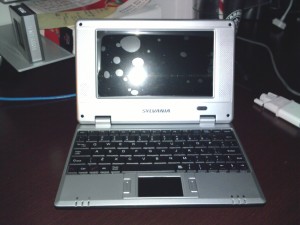
A few months ago, I posted a hardware teardown of the CVS Sylvania Netbook pictured above. After working with it and performing a lot of research on it, I promised a follow up article, and here it is. To sum it all up, with a bit of modification to the software, a spare SD card and a lot of patience, you can actually turn this thing into a somewhat useful Linux device. There’s also some improvements and suggestions to be had for improving the Windows CE side of things should you decide to continue using it in its default state.
